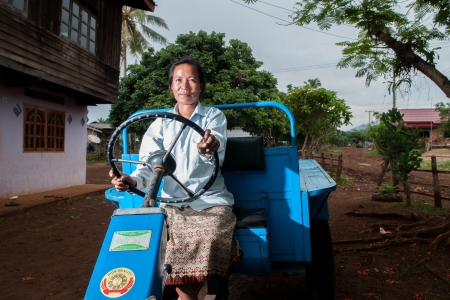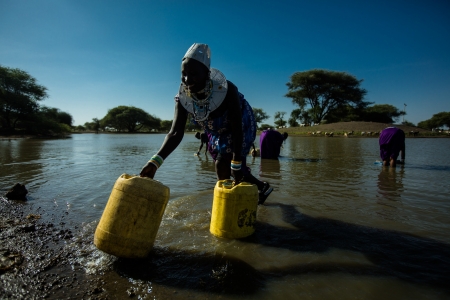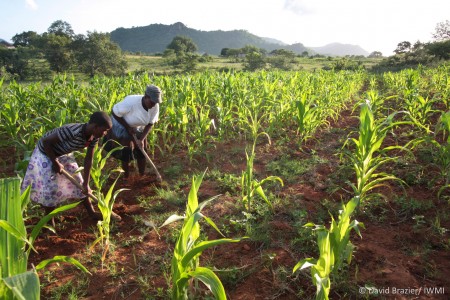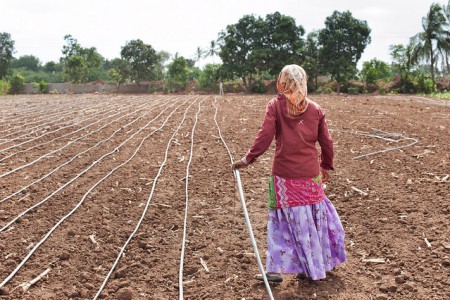Activists out of Necessity: What Four Nepali Women Can Teach Us About Gender Norms
On International Women’s Day 2018, NPR published an op-ed written about research done at the International Water Management Institute on overcoming power dynamics in the rural Far West of Nepal. Here, we’re spotlighting more of these women who are activists out of necessity.
Their achievements defy the norms of the patriarchal agrarian society they live in. Men are abandoning their farms to work in urban centers, leaving women to fill their shoes. Even though the demand for food remains high, women in rural Nepal still face many more barriers in farming than men do.
In a recent visit to Kuti village in the southern plains of Far West Nepal, we documented the stories of women who are challenging traditional ideas about womanhood.
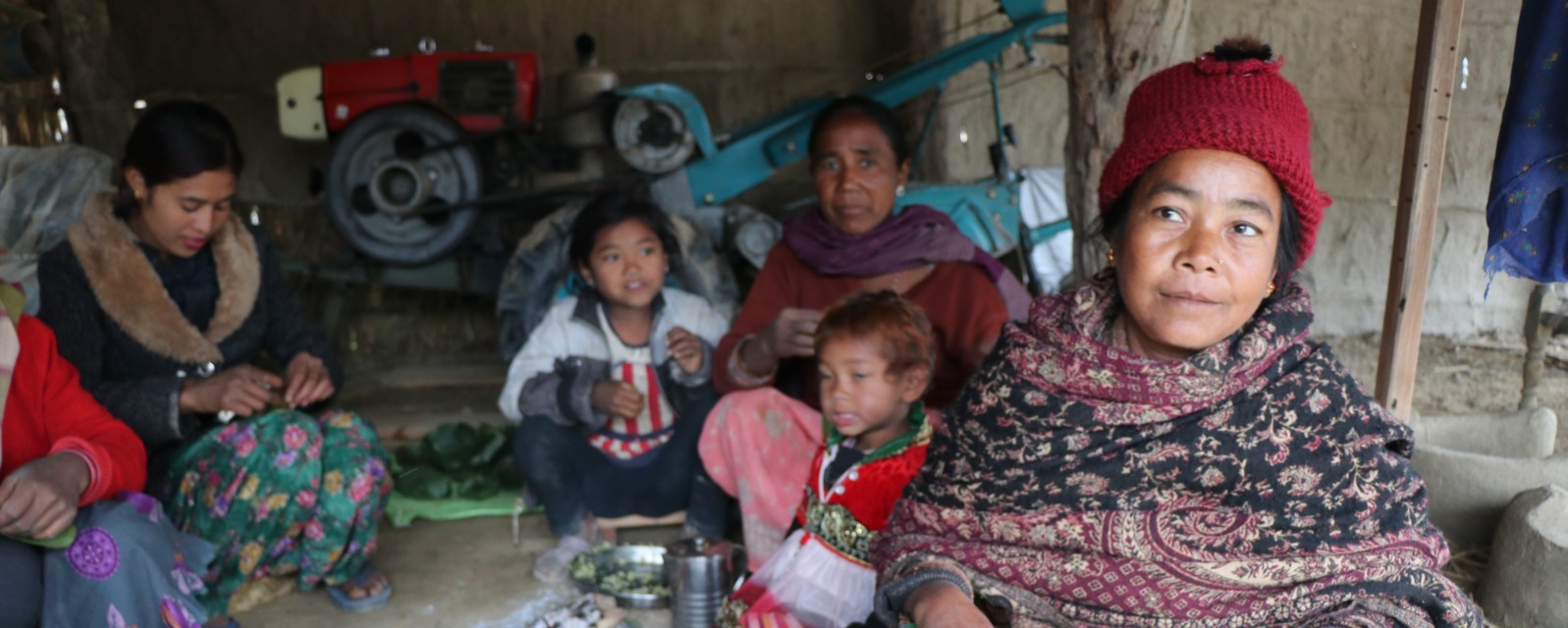
KRISHNA DEVI CHAUDHARY
After her husband passed away while her two sons were young, Krishna Devi Chaudhary, a 41-year-old woman living in Kuti village, entered uncharted territory by taking on the management of both the household and the fields.
Unlike other women in her village, Krishna had to rent irrigation pumps to water her fields on her own. To negotiate the rent, she had to visit gathering places dominated by males, like tea shops, which tend to be less welcoming for women.
Alone, she took the vegetables she produced to local markets, carrying them on her back in a large woven basket, called a doko. A man would never carry a doko, and often have access to a motorbike instead.

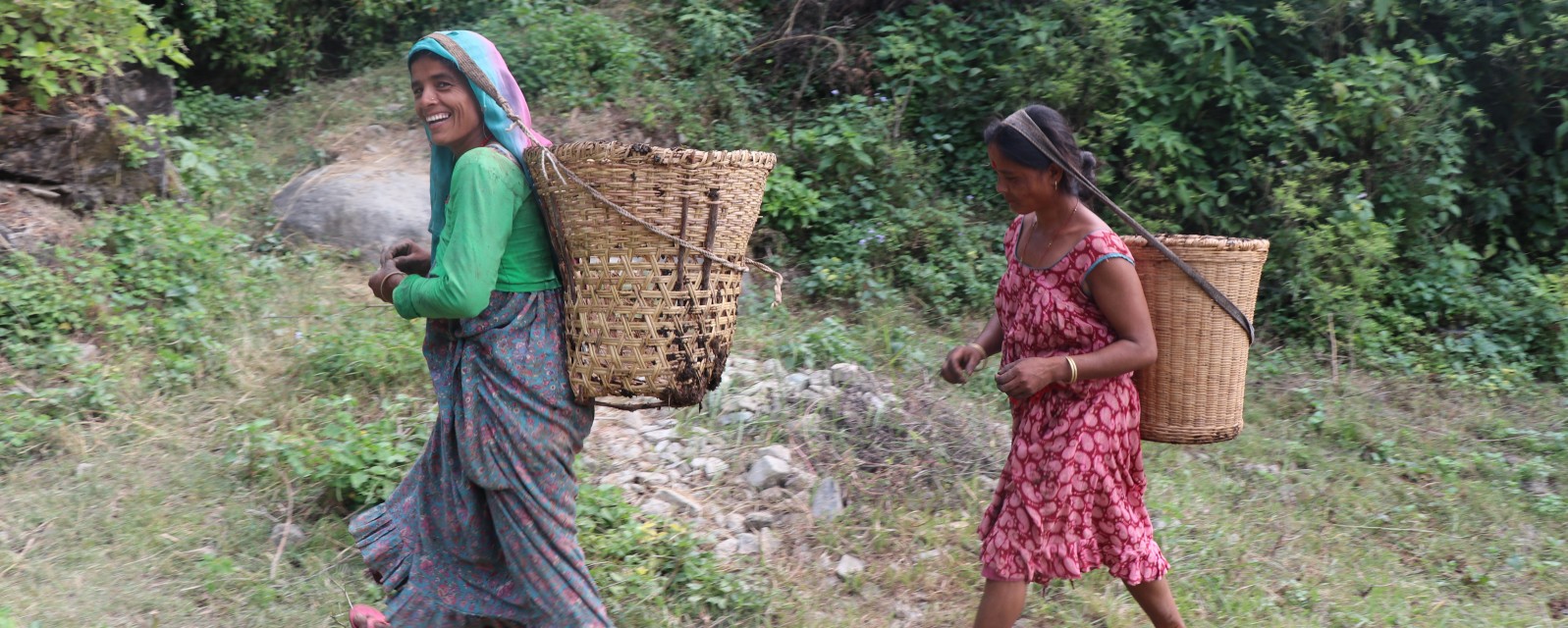
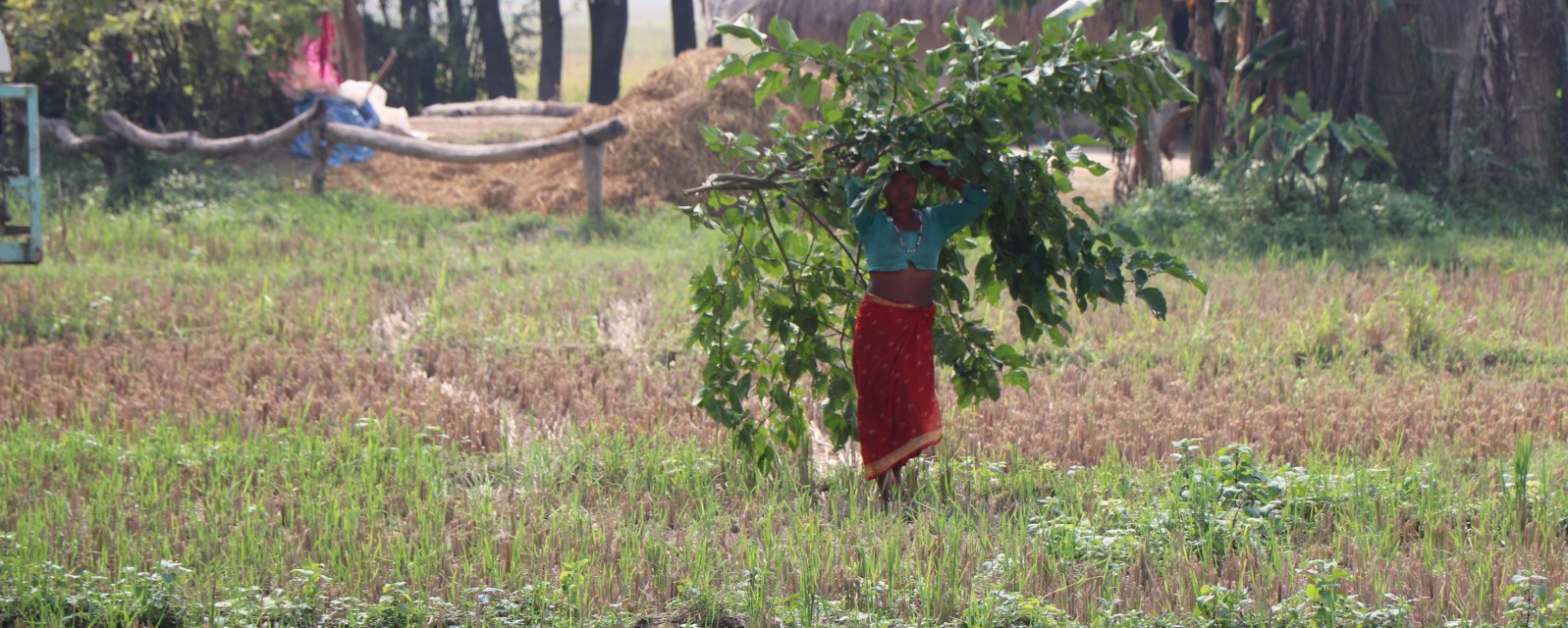
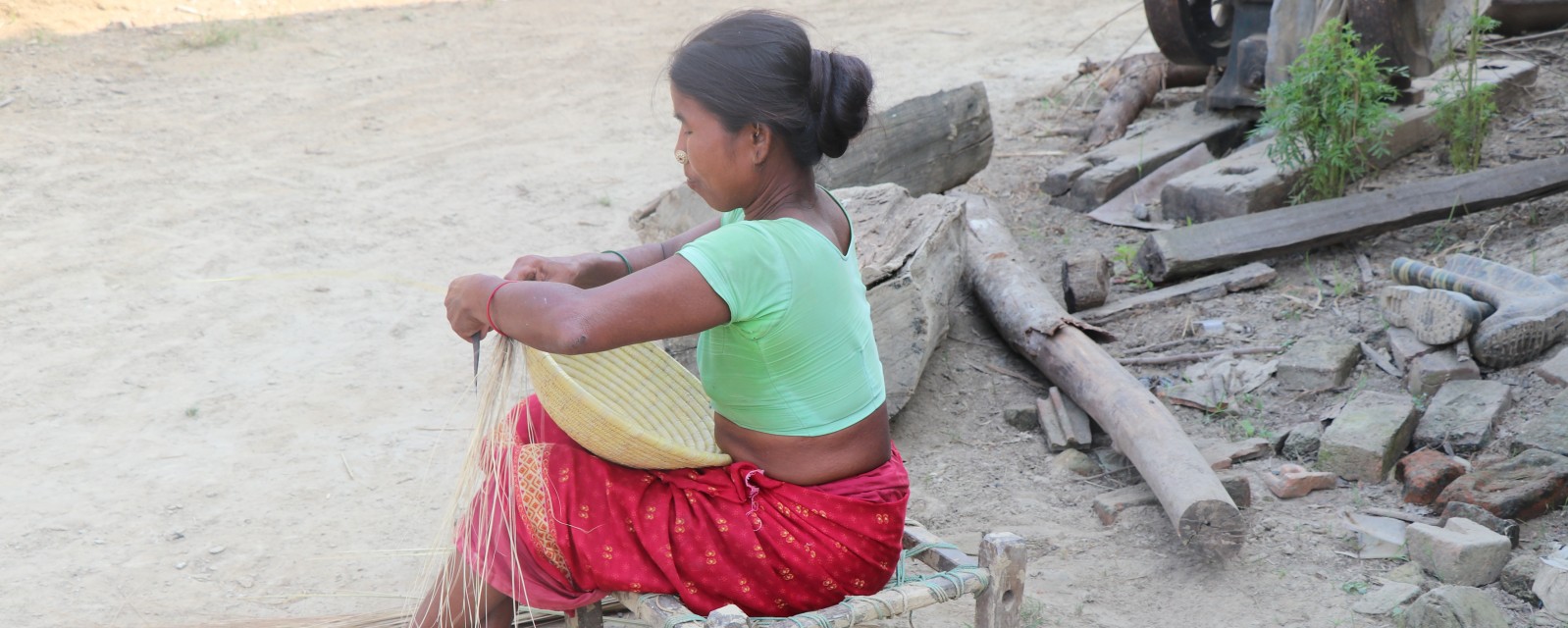
Now that her sons are older, Krishna shares some of the responsibility for managing the household and fields with them, but her sense of independence and authority remain.
“I make decisions, my sons listen and they follow.”
As Krishna spoke, she was preparing sal leaf plates to be used for her son’s upcoming wedding. When a woman’s son gets married, tradition in many Nepali families requires that she must be absent from the wedding ceremony.
In a departure from tradition, Krishna will attend her son’s wedding – she says that since her husband isn’t around, she must attend.
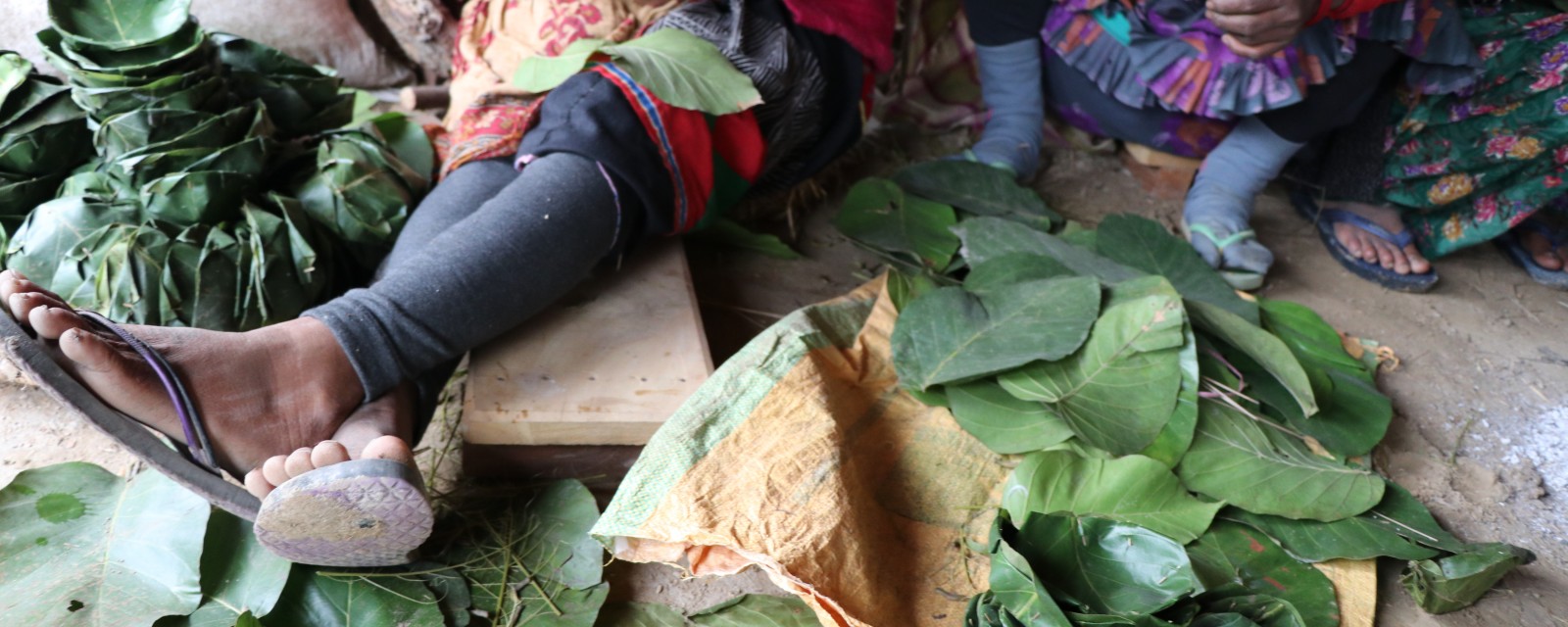
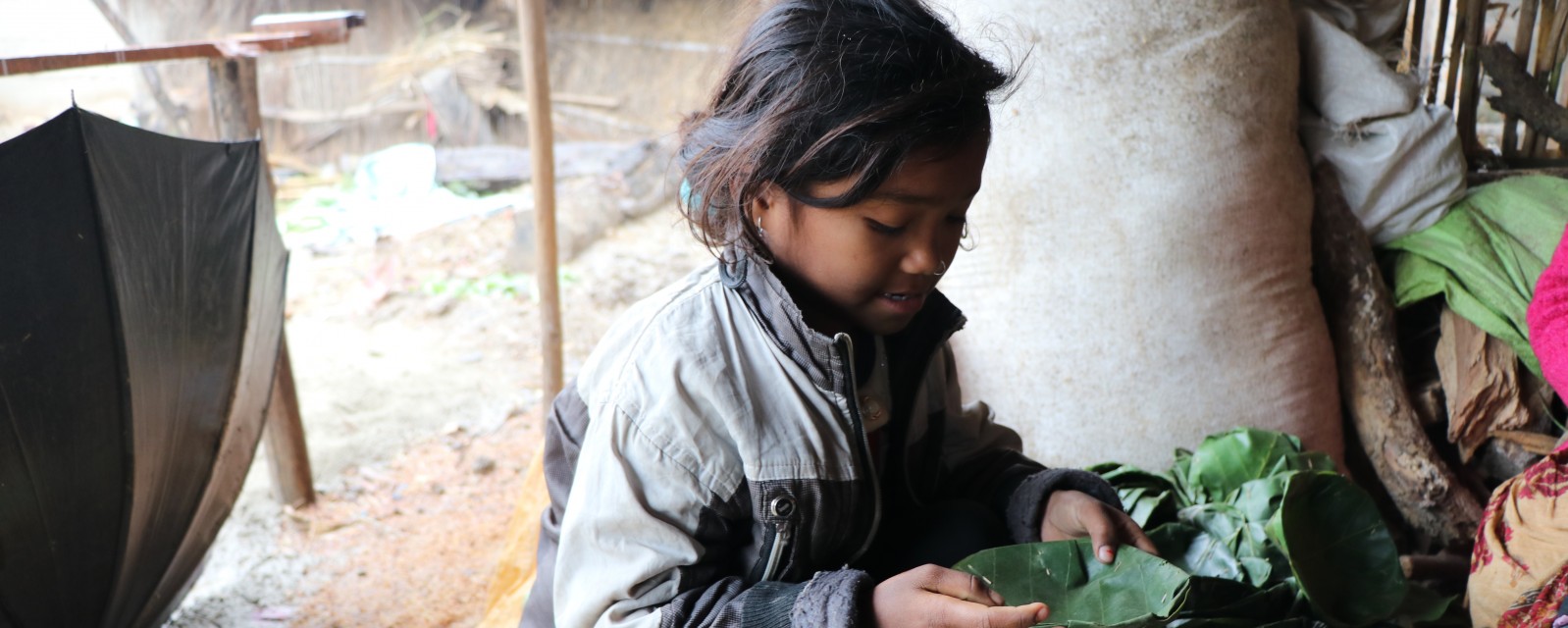
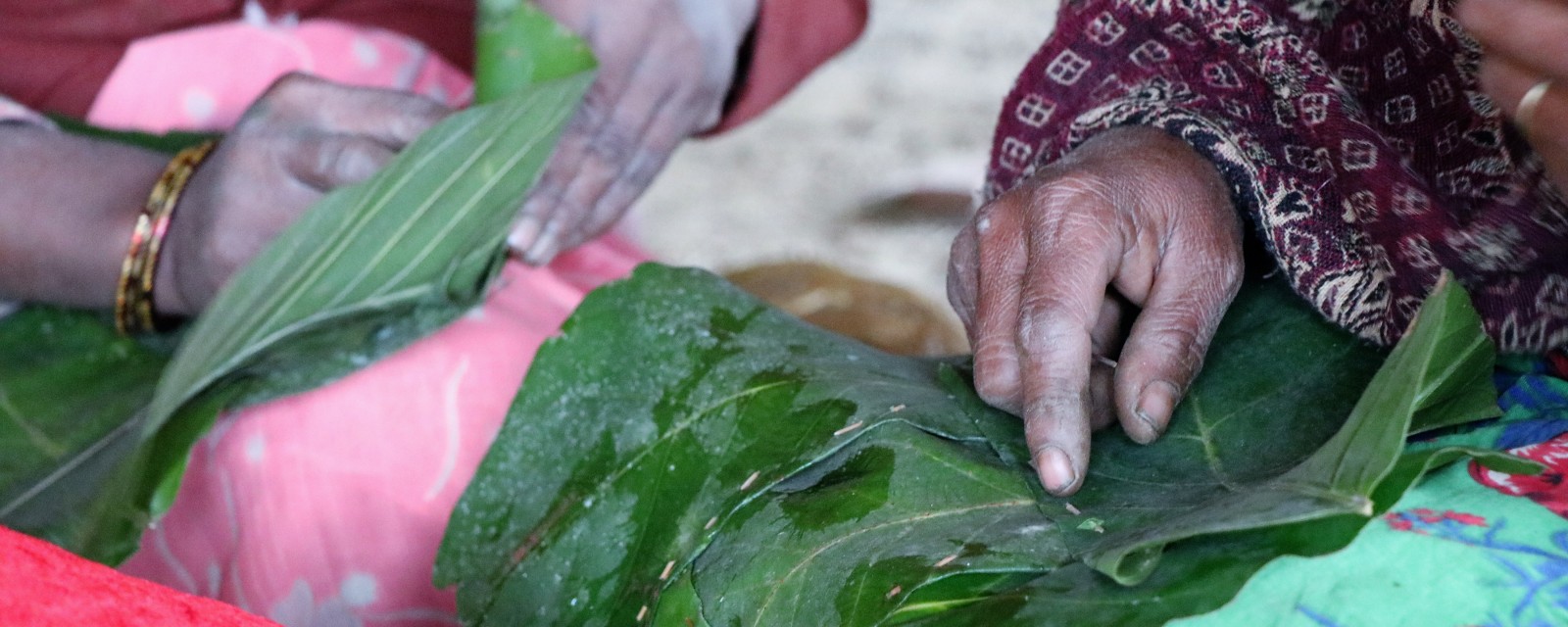
Sarita Chaudhary
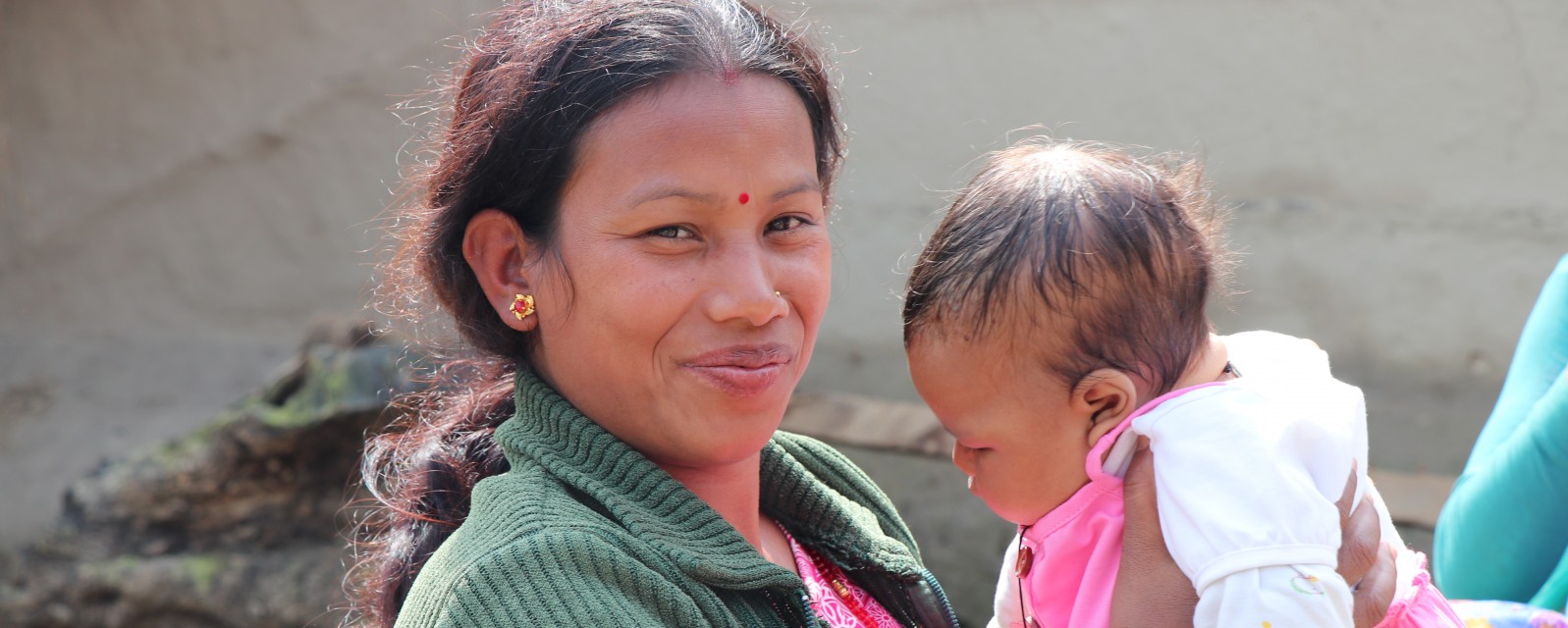
Sarita Chaudhary might be the only woman in Kuti village who earns more money than her husband.
Originally from a village several miles away, Sarita became Kuti’s sole female teacher, because she was the only resident with enough education.
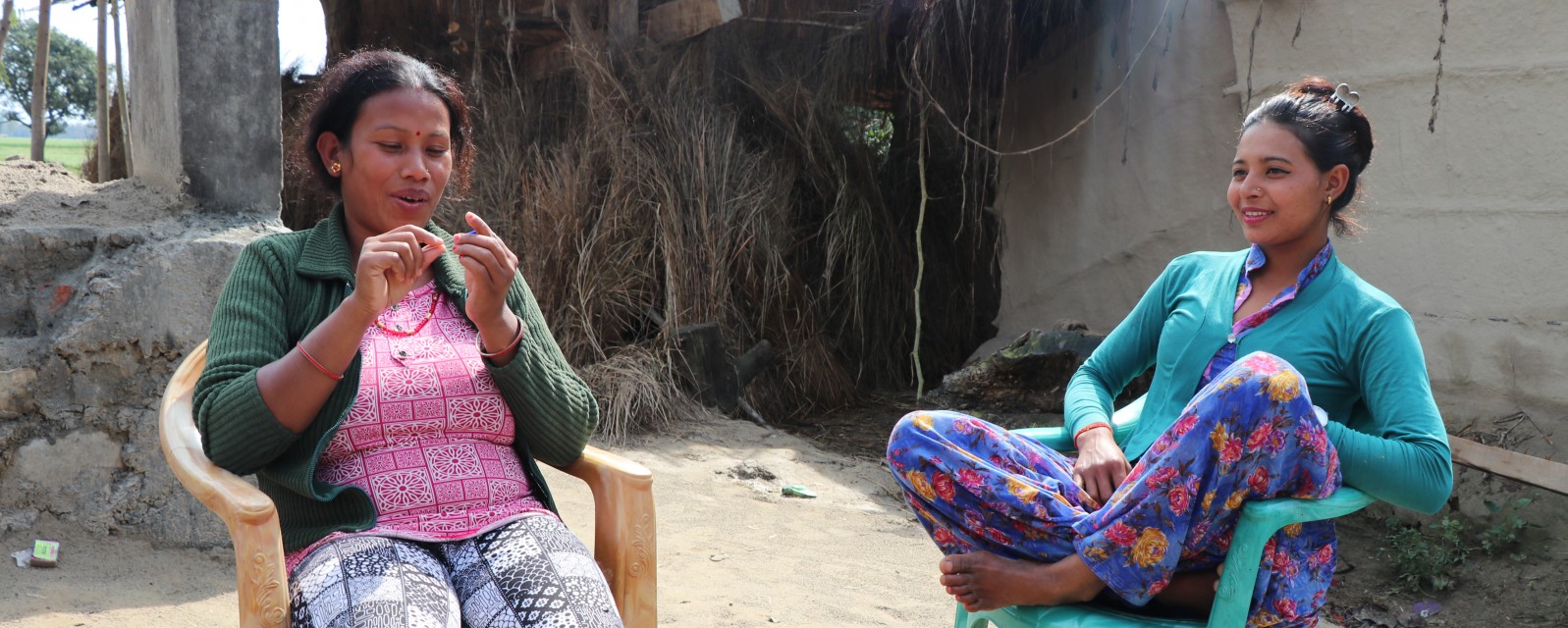
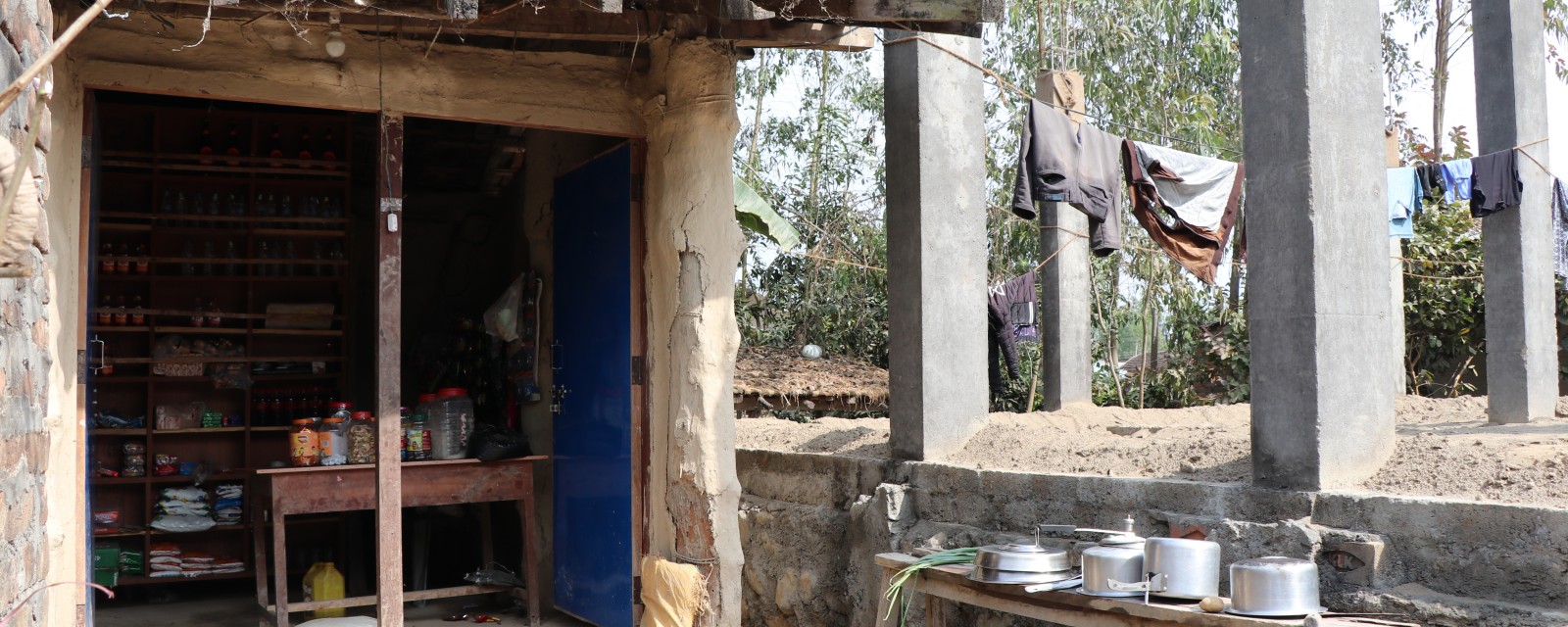
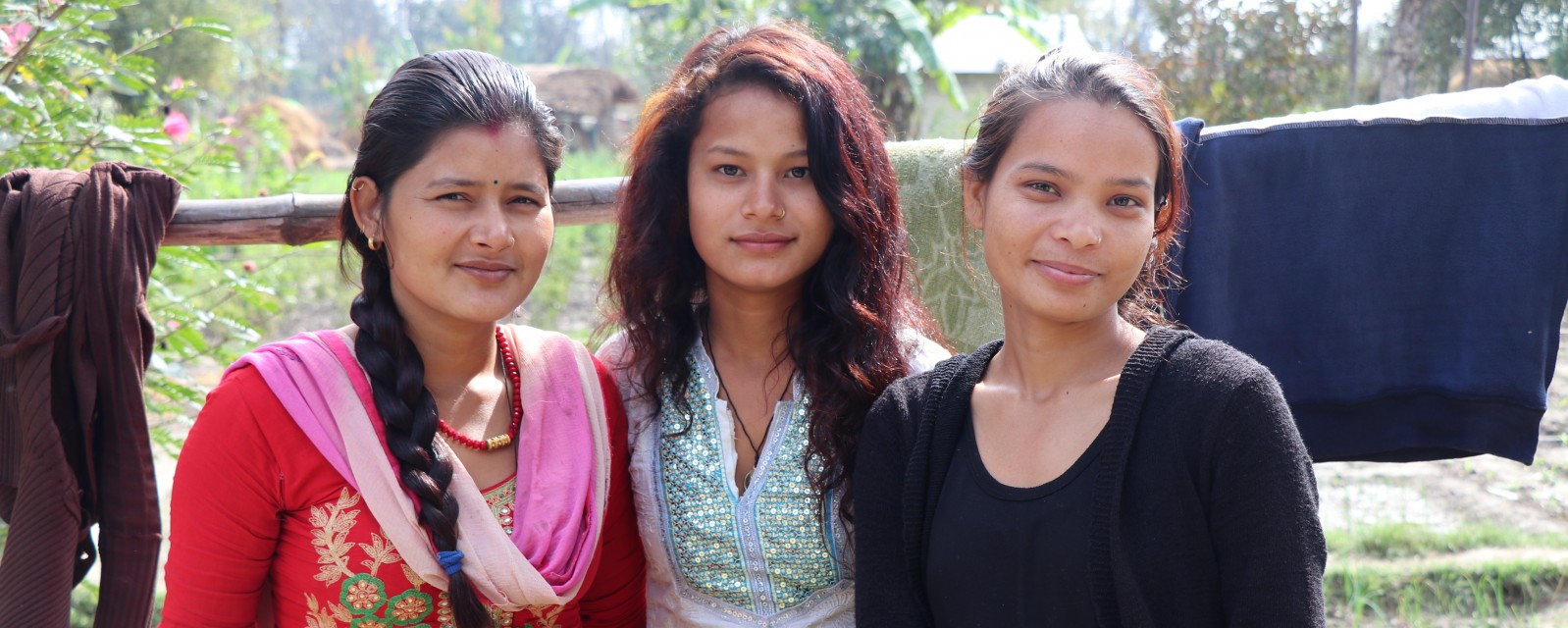
Sarita’s high income and her relationship with her husband can be tricky:
A friend says,“Her husband is proud of her, because she is doing better than he is.” Yet, she must still ask his permission before buying anything.
While expressing some apprehension about being Kuti’s first female teacher, Sarita is proud to be a role model for young girls like her daughter. She says that if she had not become the village’s first female teacher, she doesn’t know if anyone else would.
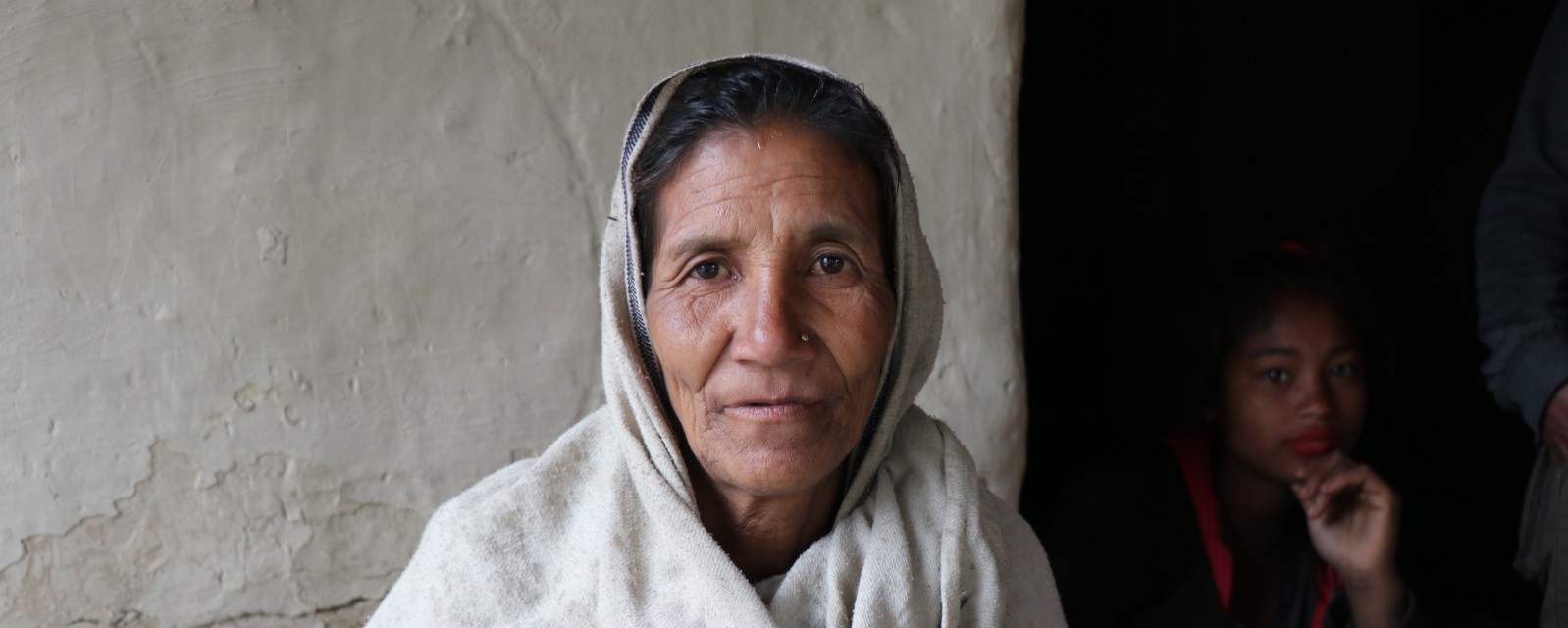
CHULIYA DEVI CHAUDHARY
Widowed more than 20 years ago, Chuliya Devi Chaudhary has faced constant difficulty in finding ways to plow her fields. A widespread superstition holds that if a woman plows a field, famine and drought are likely to occur.
Other women whose husbands are absent may rely on other male family members to plow their fields. Since she can’t do this on her own, Chuliya has had to negotiate parma, a Nepali word for the exchange of labor.
Since men earn more for plowing than women typically do for their field work, Chuliya has to work twice as much to make enough money to hire a male laborer. Still, Chuliya says that parma was her only option to provide for her family.
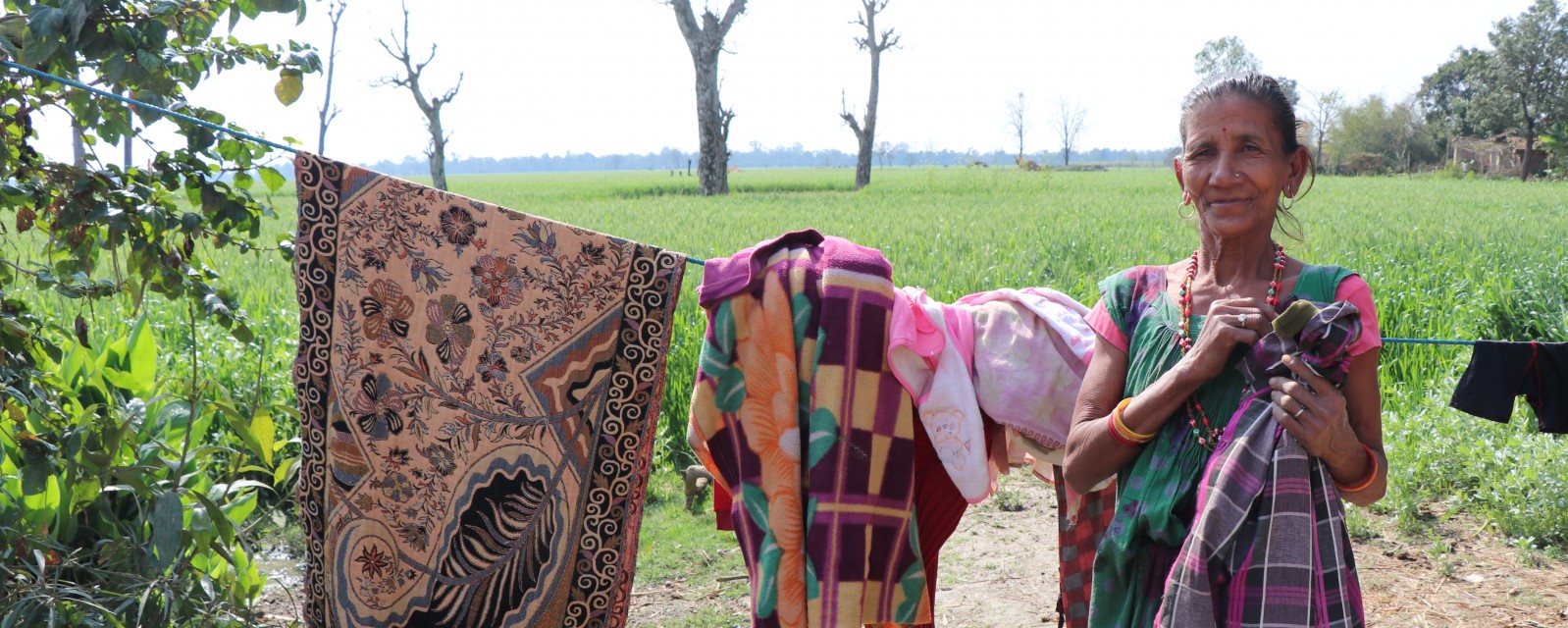
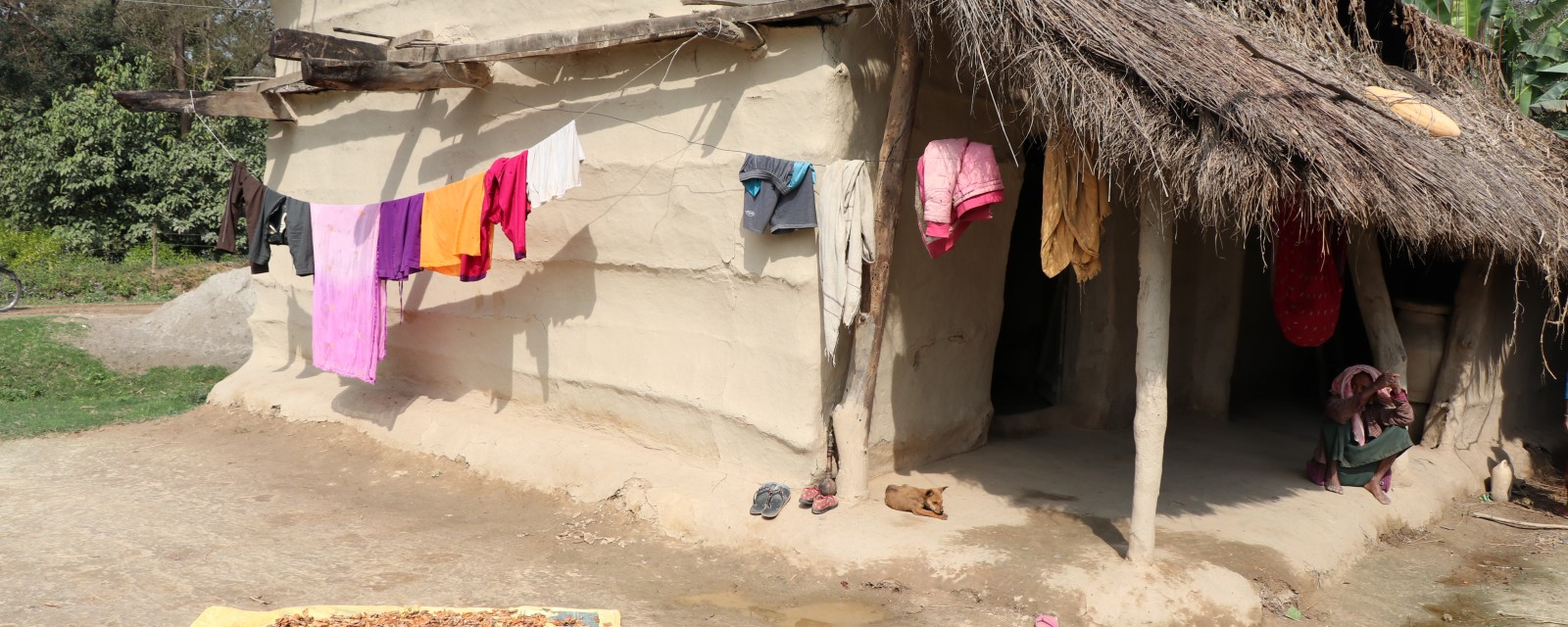
Ujeli B.K.
Ujeli’s husband has worked in India ever since they married, and she must manage the farm on her own. Irrigating her crops is especially challenging; it is a man’s domain. Moreover, the fields are irrigated at night, and it’s frowned upon for women to be out past dark.
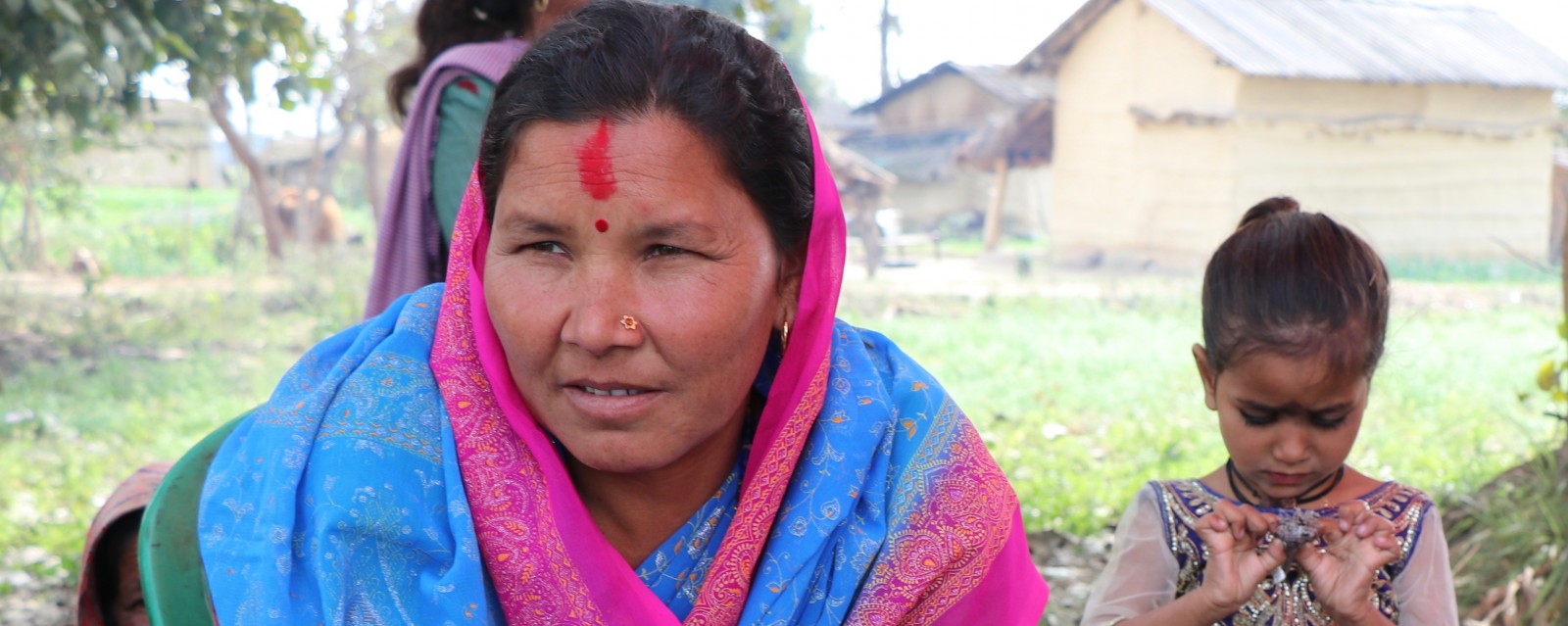
Like Krishna and other women with absent husbands, Ujeli has to negotiate the rental of irrigation equipment on her own. However, unlike other women in Kuti village, Ujeli is a Dalit, the caste formerly referred to as “untouchable.” Dalit women face double barriers when it comes to accessing water: According to traditional Hindu beliefs, Dalits contaminate water upon touching it.
Other villagers criticize Ujeli for taking up traditionally male roles. She knows she has been discriminated against. Recently, when a neighbor thought she was stealing vegetables from his land, he threatened to beat her. She doubts he would have said that if her husband had been present.
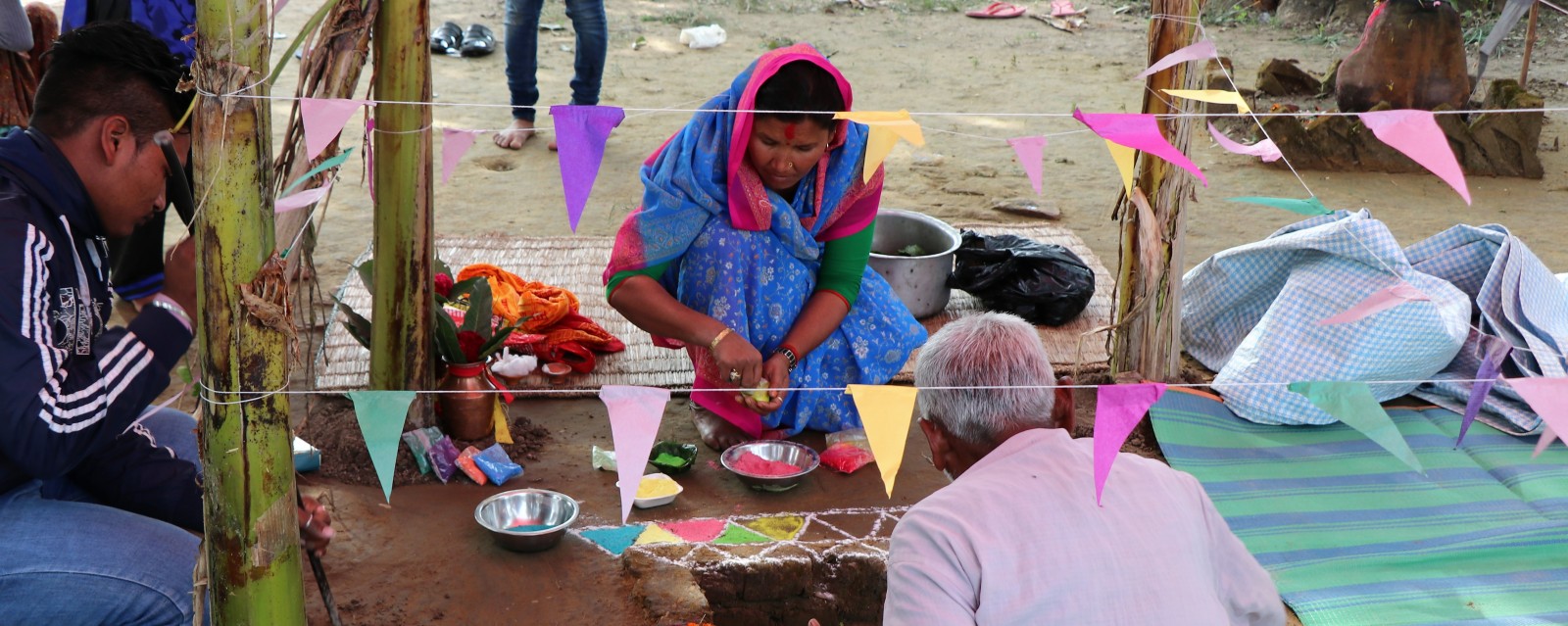
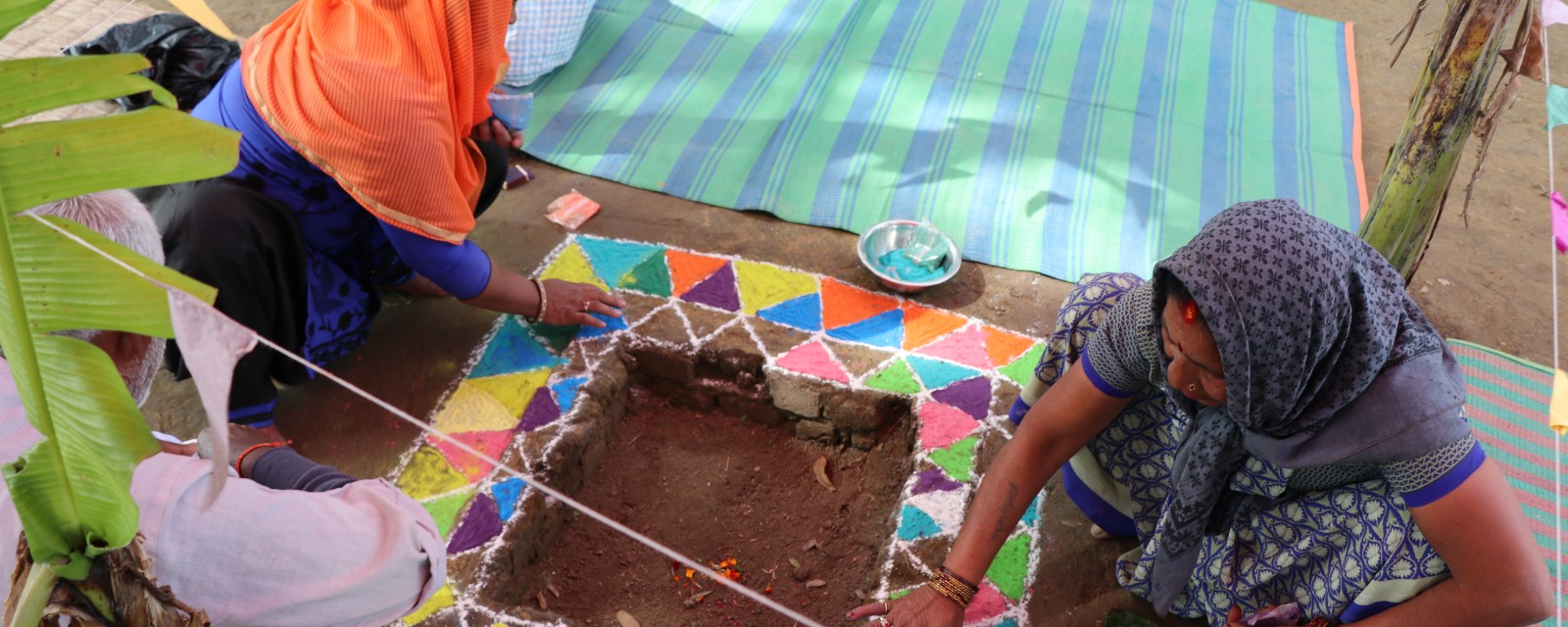
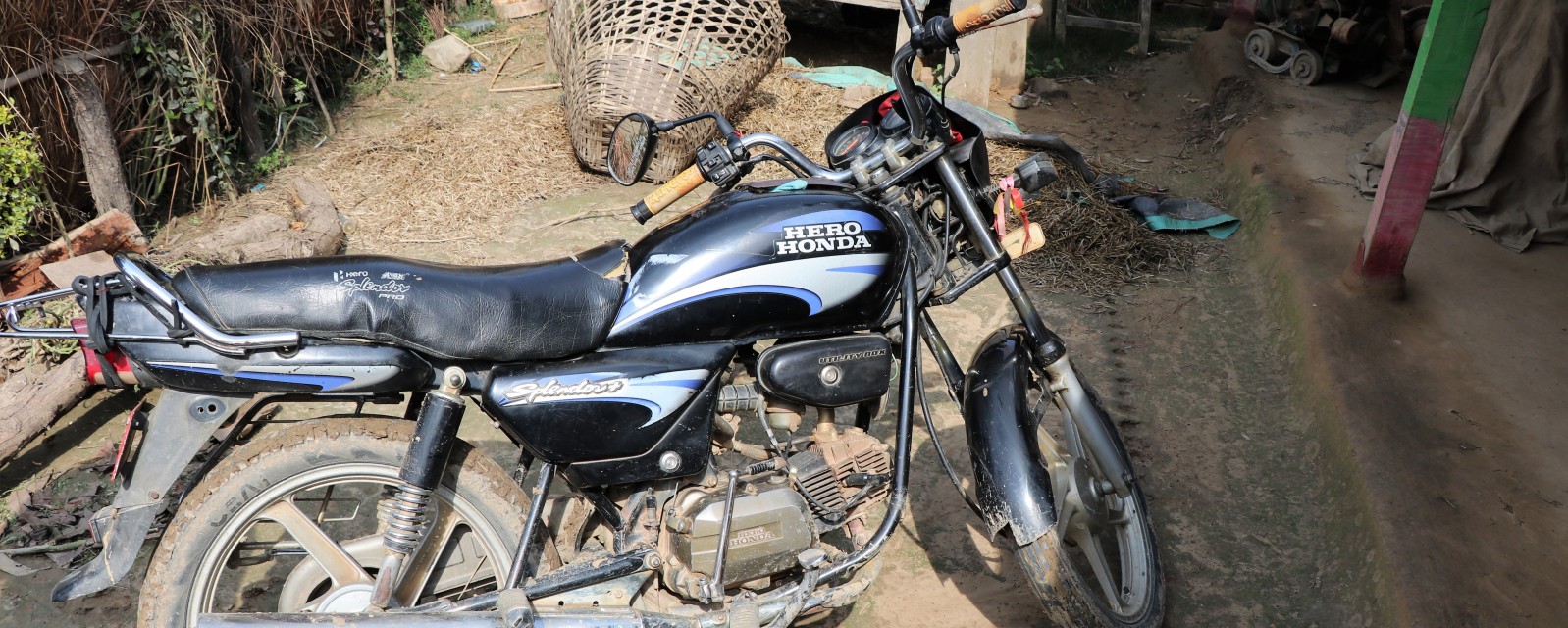
Today, if Ujeli is bothered by criticism from her community, she doesn’t show it. Since her marriage, Ujeli explains that she has learned how to manage her own household and field, because she needed to be independent in her husband’s absence.
To explain how she has overcome so many barriers, she adds, “No one is born with skills, you must learn by doing.”
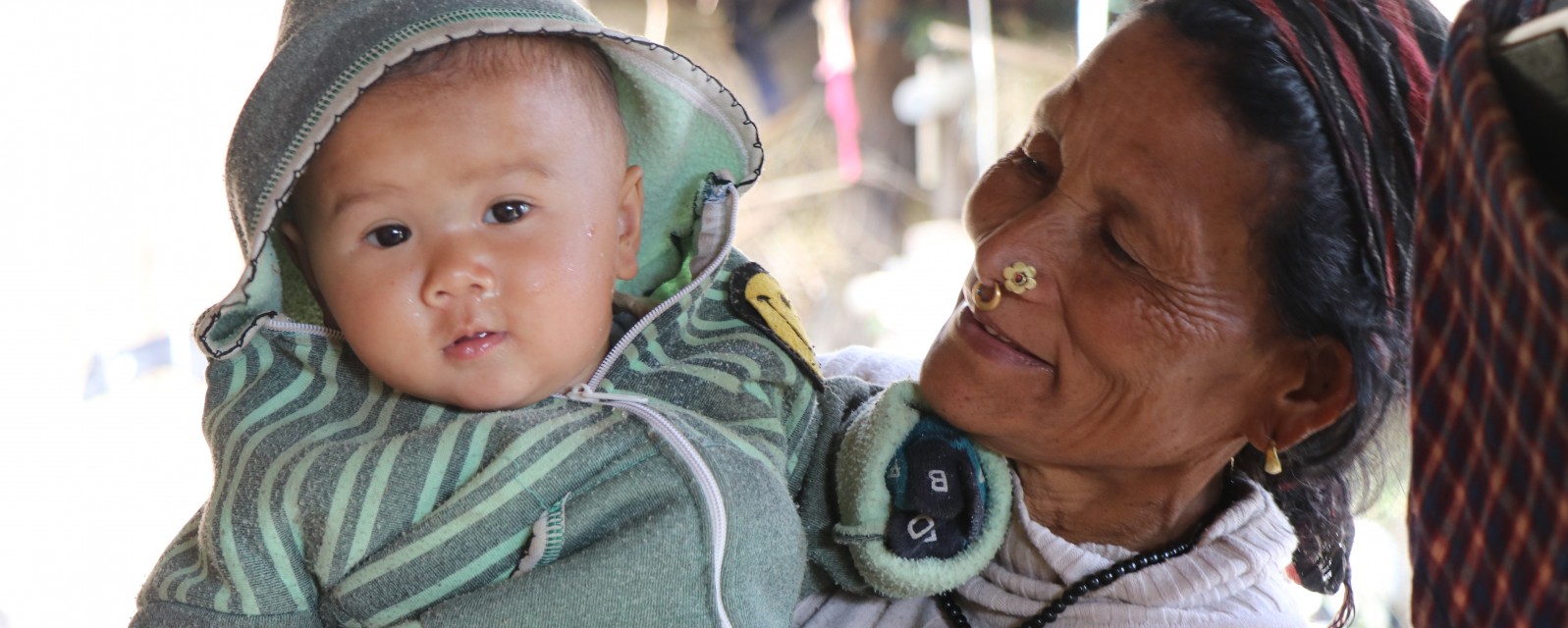
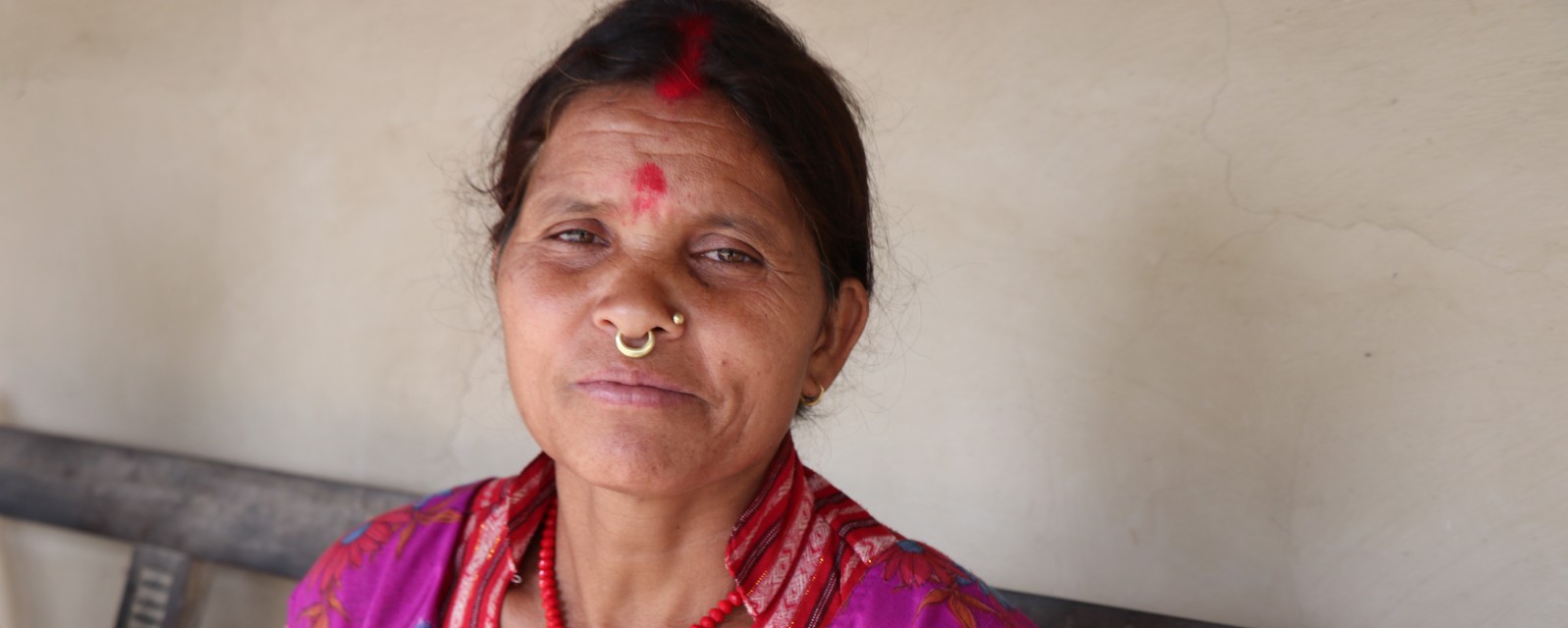
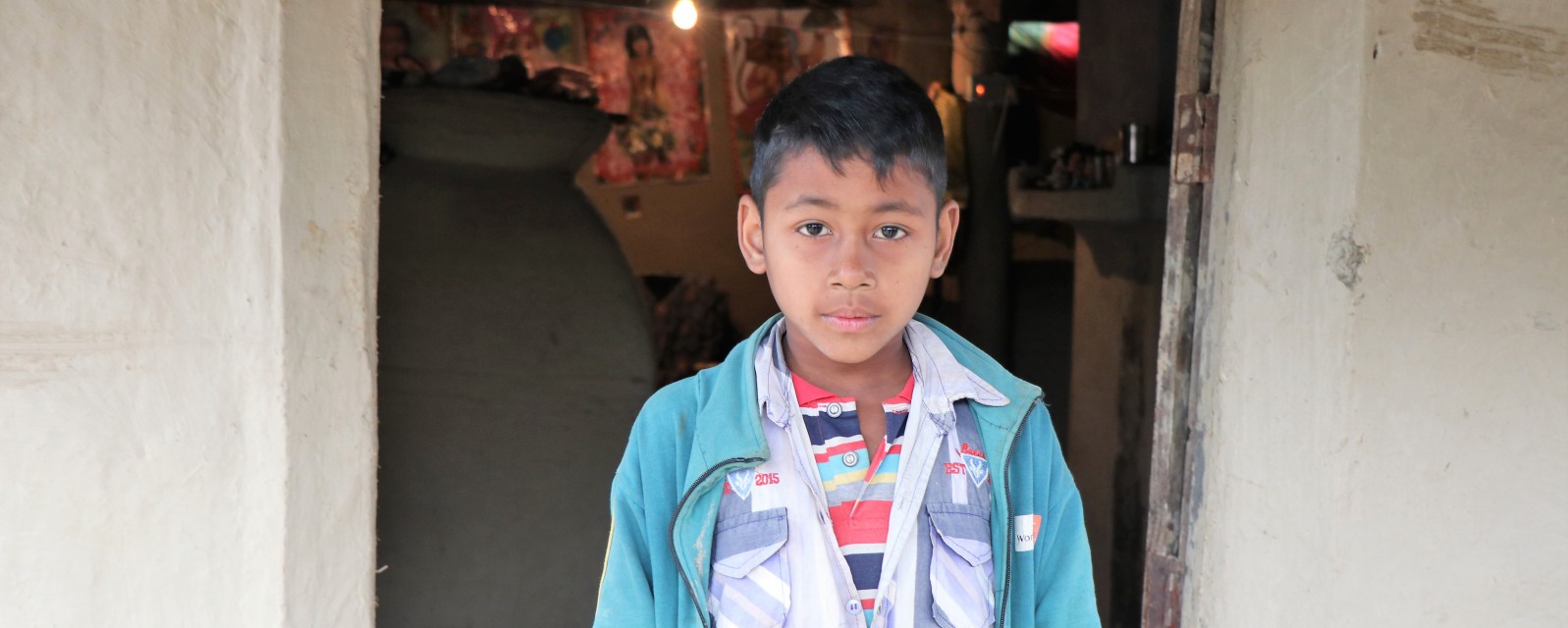
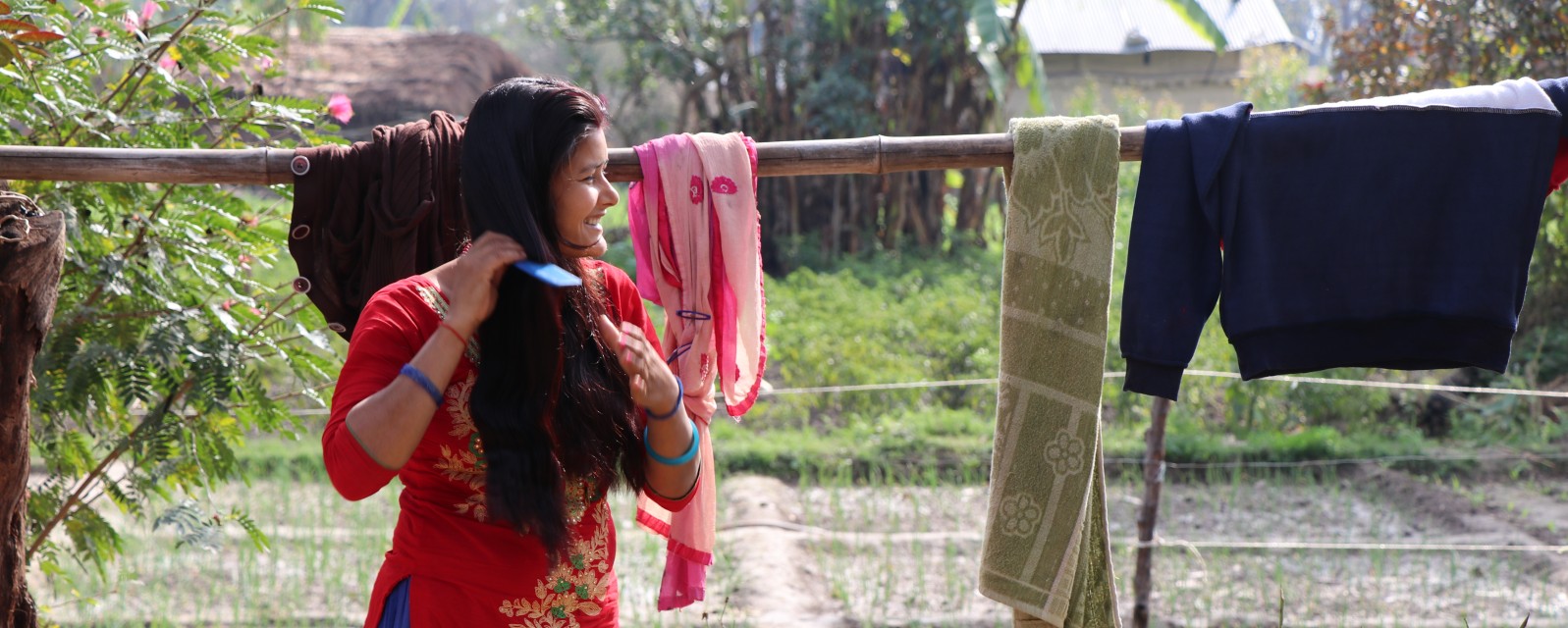
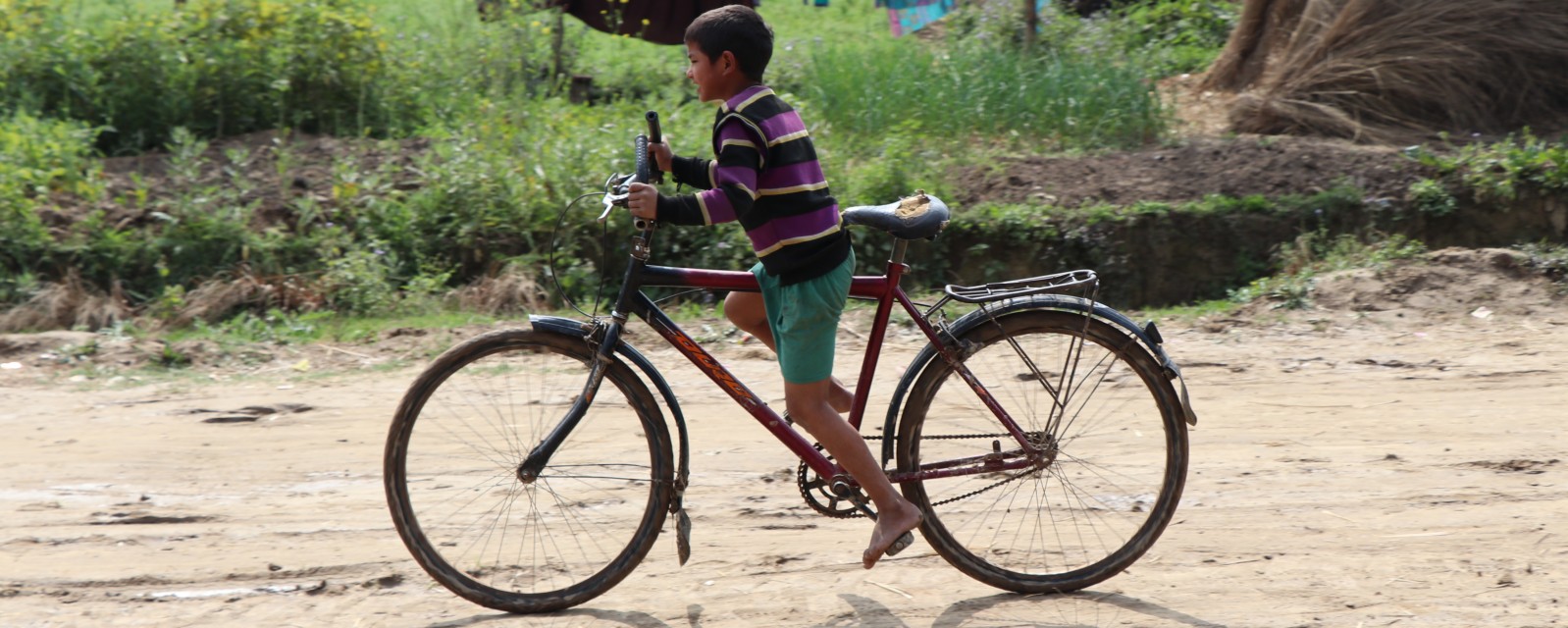
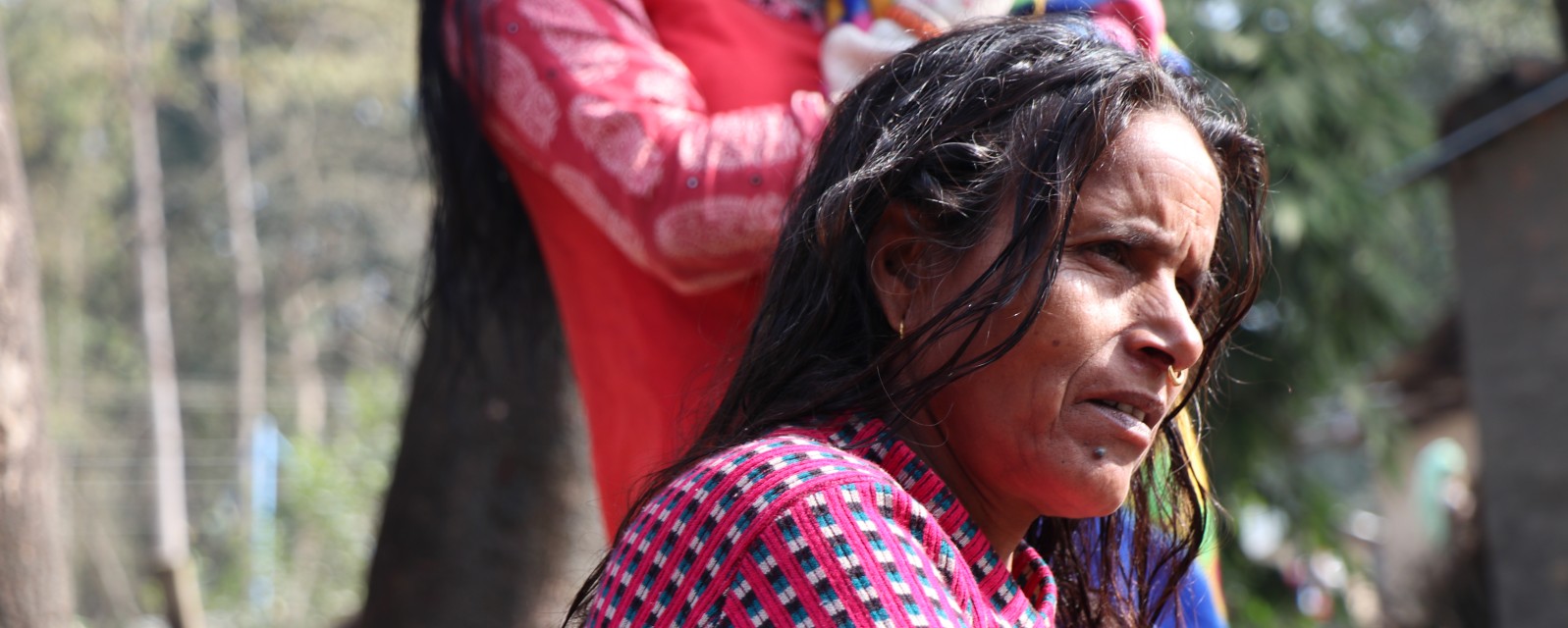
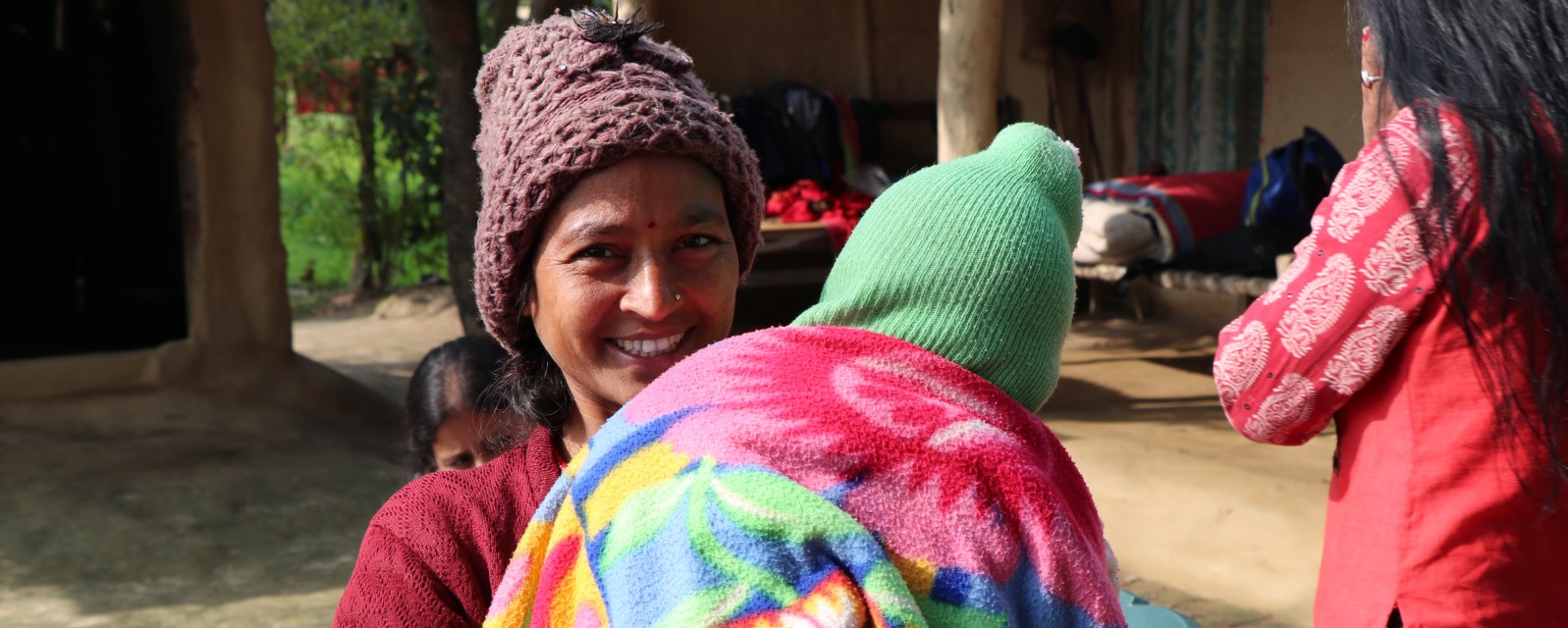
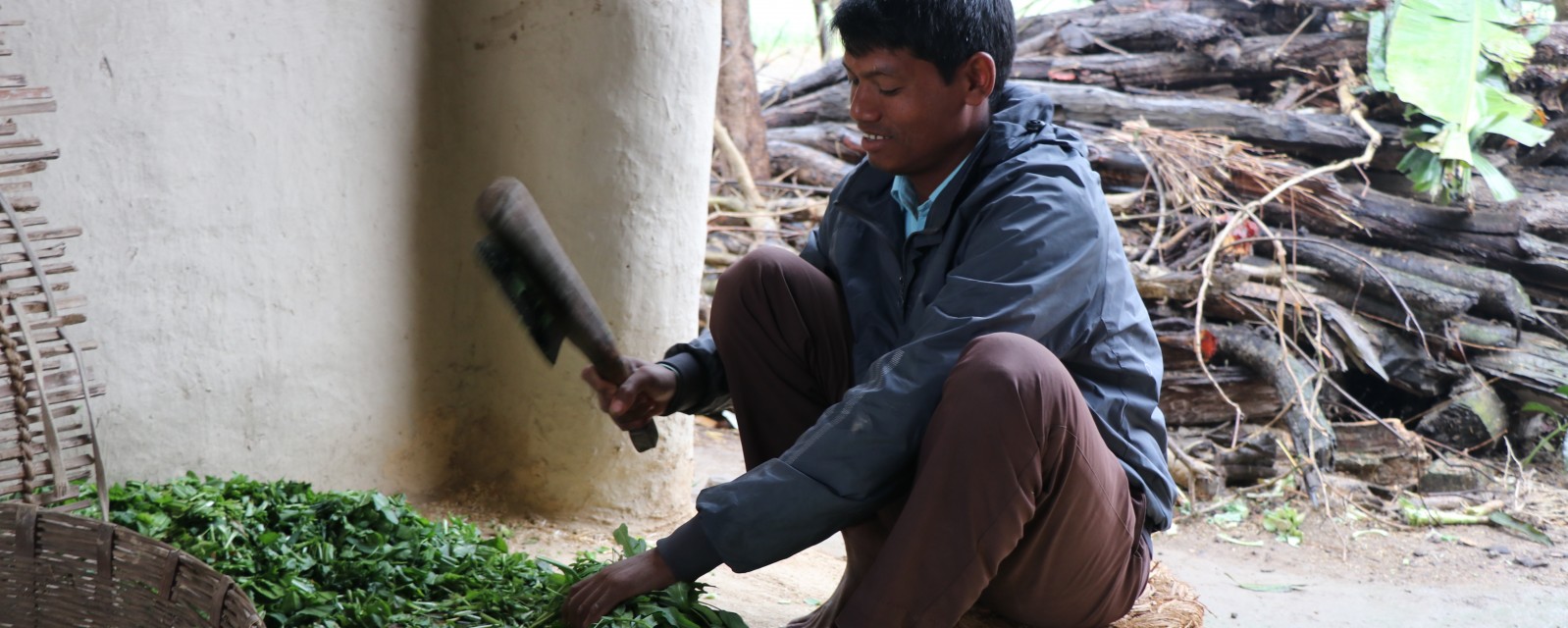
Necessity is the mother of empowerment
In much of Nepal, women’s roles in the family, farming, and community are limited. Gender dictates expectations for women and their potential, while also intersecting with caste and status in the household to shape their experience. Yet, through small challenges to the status quo, women are achieving empowerment, and recent IWMI research has explored ways of prompting households to speed up the process.
On this International Women’s Day, let us celebrate all of the women activists who are pushing against the boundaries that limit change in their lives. Check out more resources on gender in agricultural research, and myth-busting insights into women’s role in agriculture.
Thrive blog is a space for independent thought and aims to stimulate discussion among sustainable agriculture researchers and the public. Blogs are facilitated by the CGIAR Research Program on Water, Land and Ecosystems (WLE) but reflect the opinions and information of the authors only and not necessarily those of WLE and its donors or partners. WLE and partners are supported by CGIAR Fund Donors, including: ACIAR, DFID, DGIS, SDC, and others.




